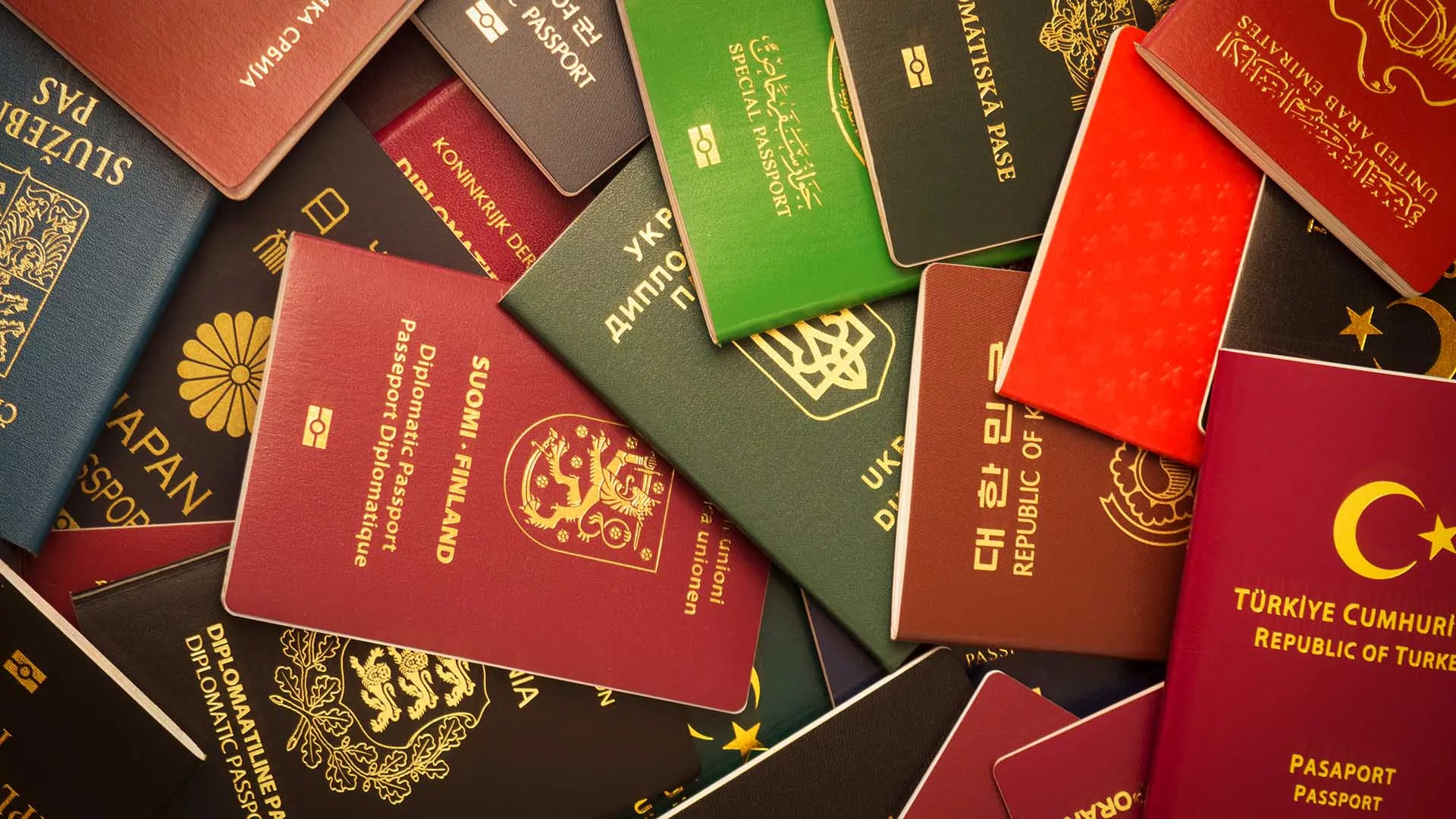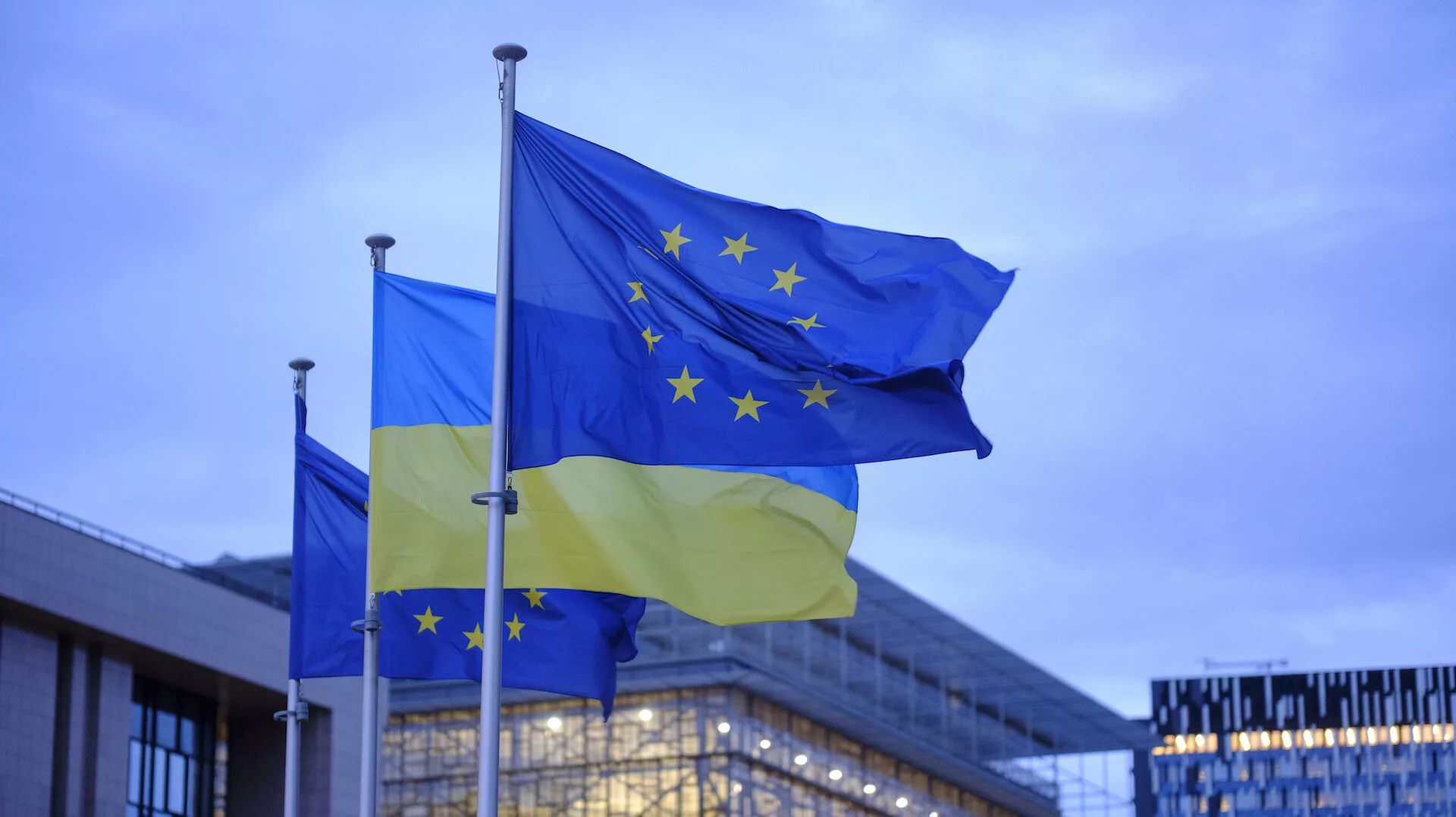The FATF plenary 2022 concluded last Friday with relief for Malta which was taken off the grey list, disappointment for Pakistan as it narrowly failed to be removed, circumspection from The UAE as it chose to defer reporting to focus on its efforts, and a shock for Gibraltar which found itself on the list for the first time.
Sanctions against Russia have slowed to a trickle, with many Western countries now seeking ways to monitor the activities of sanctioned individuals and entities, while also deliberating on how best to deal with assets once they have been seized.
Crypto and DeFi hit the news again, while we also turn the spotlight on money laundering and the efforts of various nations to curb illegal financial transactions on home soil.
To complete this week’s Roundup, we take a look at the latest global news stories circulating on the topics of fraud, corruption, and tax evasion.
Last week, the FATF plenary in Berlin concluded after discussing a range of money laundering and terrorist financing issues. Delegates took several actions including: placing Gibraltar on the FATF’s Jurisdictions under Increased Monitoring list, often referred to as the “grey list”; approving a report to help the real estate sector better detect and prevent money laundering; and finalising a report on good practices and recommendations to balance data protection and privacy obligations with information sharing initiatives to combat money laundering and terrorist financing.
The following countries had their progress reviewed by the FATF: Albania, Barbados, Burkina Faso, Cambodia, Cayman Islands, Haiti, Jamaica, Jordan, Mali, Malta, Morocco, Myanmar, Nicaragua, Pakistan, Panama, Philippines, Senegal, South Sudan, Türkiye, and Uganda. As a result of discussions in the June 2022 Plenary, Malta has been removed from the list, Pakistan remains on the list despite huge efforts, The United Arab Emirates chose to defer reporting to focus on its efforts. Finally, following a review Gibraltar has been identified as a risk and has been added to the grey list.
Gibraltar was put on the grey list of jurisdictions subject to increased monitoring, with FATF stating that regulators are not fining offenders in line with prescribed penalties or focusing hard enough on gatekeepers to the financial system, in particular gambling operators and lawyers.
Following 12 months of increased monitoring and a successful on-site visit in May, the FATF removed Malta from the grey list. But the FATF also stressed the need for the Maltese government to continue improving implementation of its laws, particularly in relation to the laundering of illegal proceeds from tax evasion and foreign proceeds of crime.
Despite huge diplomatic pressure, Pakistan remains on the grey list, but has since stated that it is working closely with the FATF to schedule an early on-site visit in order to verify the implementation of its reforms and the progress it has made to counter the financing of terrorism and money laundering.
Technological advances allow financial institutions to analyse large amounts of structured and unstructured data more efficiently and identify patterns and trends more effectively. This report examines technologies that facilitate advanced AML/CFT analytics within regulated entities and allow collaborative analytics between financial institutions, while respecting national and international data privacy and protection legal frameworks.

Starting from 15 June 2022 the Economic Crime (Transparency and Enforcement) Act 2022 will introduce changes to the enforcement of UK sanctions laws that parallel enforcement powers held by the Office of Foreign Assets Control (‘OFAC’) in the US. The two major developments introduced by the Act include the introduction of a strict liability test and the publication of breaches.
According to the Irish Foreign Ministry, assets related to sanctioned Russian persons and entities totalling almost 2 billion euros have now been frozen in Ireland. Around 700 individuals and numerous entities have been linked to Russia’s government and were placed on an EU blacklist and all member states were asked to freeze related bank accounts and other assets.
German authorities have seized three private apartments and a bank account belonging to a member of the Russian Duma and his wife, who have been on the list of EU sanctions since February 23. It is believed to be the first case of its kind; previously sanctioned assets have simply been frozen.
OCCRP reporters have uncovered a group of interconnected companies and nonprofits that are tied to Bank Rossiya and hold assets worth at least $4.5 billion. Many of these, including an enormous palace on the Black Sea, have previously been connected to Vladimir Putin, but until now they have not been known to be connected to each other.
Swiss customs data show that the country imported gold from Russia in May for the first time since Moscow sent troops into Ukraine in February. While sanctions have not directly targeted commercial gold shipments, many banks, shippers, and refiners stopped dealing with Russian metal after the conflict began.
At present, potential use cases are speculative and surrounded by uncertainty, hype and, in many cases, fraud and Ponzi schemes. The new report points to regulatory changes underway in response to these emerging technologies and calls for a continued roll‑out in regulatory and law enforcement capabilities to limit the risks and challenges posed by these technologies.
The Bank for International Settlements has released a bulletin claiming that far from being “trustless”, cryptocurrencies and decentralised finance (DeFi) rely on intermediaries who have to be incentivised in order to maintain the ledger of transactions. But each of the validators or “miners” updating the blockchain can determine which transactions are executed and when, therefore affecting market prices and opening the door to front-running and other types of market manipulation.
SEC Commissioner Hester Peirce has criticised the SEC for its regulatory guidance, stating that while the crypto sector is maturing, regulatory clarity around the treatment of digital assets continues to remain cumbersome. The commissioner added that change is possible, but only if investors and regulators work together.
A judge has ruled that Deutsche Bank shareholders in the US can now sue the bank over alleged compliance failures related to ultra-wealthy, high-risk clients. The investors allege that Deutsche Bank ignored “obvious red flags” when vetting individuals for its wealth management business. The group claims that after these client relationships became public it damaged the bank’s reputation and share price.

A Swiss prosecutor has identified over $60 million they believe was laundered via Credit Suisse Group AG through a series of transactions between 2008 and 2014. This would be only the second Swiss criminal indictment ever against a major local lender.
A new government report says billions of dollars a year were laundered in British Columbia by criminals using a variety of tactics. Loan sharks cleaned their dirty money by giving it to gamblers to use in casinos, while students with dubious or no income bought multimillion-dollar homes. The report claims that government officials were aware that suspicious money was entering their revenue stream but took insufficient steps to stop it.
The Hague hopes to house a new anti-money laundering agency which the European Union is currently putting together. The agency will be tasked with fighting money laundering and funding of terrorist organisations and is expected to start running in 2023, reaching full operation in 2026 and eventually employing between 200 and 600 people.
After three years of expert testimony and insight from two-hundred witnesses, the Cullen Commission report focuses on institutional and regulatory changes in British Columbia to address money laundering, while also making critiques and suggestions for improvements at the federal level.
Nicole Rose, the head of Australia’s financial intelligence agency Austrac, has said that law enforcement agencies need to carry out more money laundering prosecutions. Failure to do more could result in Australia failing the next international evaluation and could result in the country being put on FATF’s grey list.
KnowYourCountry is a global research tool used by financial institutions, regulators, government agencies and educational establishments across the world. Developed to provide the data and information required to understand and assess cross-border and jurisdictional risk, the information is gathered and collated from legitimate sources in order to deliver it to you in a concise and manageable format.
Ghislaine Maxwell’s conviction for trafficking minors to paedophile financier Jeffrey Epstein raised new questions about her family’s past and the true source of the Maxwells’ wealth. A new investigation examines documents from an offshore trust that exposes how at least two Maxwell family members and their associates put their fortune into a complex offshore corporate and trust network, likely beyond the reach of creditors and legal adversaries.
The former head of a Honduran institution tasked with emergency procurement relating to the COVID-19 pandemic was jailed for purchasing useless mobile hospitals at a highly inflated price. Marco Bográn purchased seven mobile hospitals for over US$47 million which experts determined were overvalued or in poor condition.
Following numerous requests for information in the past, the US tax authority IRS has recently asked for additional information from Swiss authorities on the account data held at 26 financial institutions. Institutions include UBS, several cantonal banks, PostFinance, a number of asset management firms, and life insurance companies Helvetia and Swiss Life.
In the second-biggest tax settlement in French history, McDonald’s has agreed to pay €1.25 billion in fines in France to avoid criminal prosecution for tax evasion. The fine comprises a €508 million fine and €737 million in back taxes that was agreed in May, years after the fast-food giant was accused of reporting artificially low profits to reduce its tax bill.
According to the Times, nearly 1,000 Irish limited partnerships (LPs) set up over the last seven years are controlled by partners in “secrecy jurisdictions”, countries or territories where company records are not kept or are unavailable to the public, and whose only link to Ireland is a mailing address. Furthermore, hundreds of LPs are led by people or corporations based in the Seychelles or Belize, or formed with general partners in Cyprus, the Isle of Man, the British Virgin Islands, Panama, and Bermuda.

If a customer of a Jersey financial services business is found to have been “engaged in money laundering”, then the business can now also be found guilty of an offence, unless it can prove that it “adequately maintained and applied prevention procedures in relation to the activities”.
Published by: riskscreen.com




